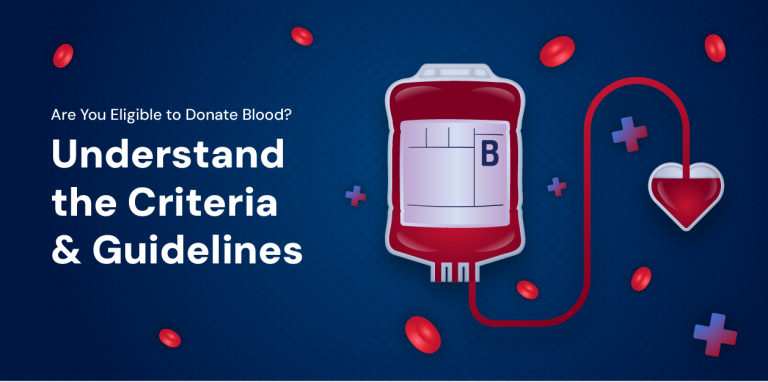Just like food and water, sleep is a biological requirement for life and good health. According to research, the hours we spend sleeping are extremely crucial. During sleep, the body is busy battling viruses and other infections, cleaning the brain with a waste removal system, seeking for and eliminating cancer cells, repairing injured tissues, and generating critical memories.
Getting enough sleep can help with mental health, emotions, and decision-making. It’s crucial for the functioning of the heart and other organs. Every day, most adults require 6-8 hours of good quality sleep. Getting enough good sleep is especially vital during times of stress and can help do wonders in treating it. Pay close heed to your body’s signals. If you find yourself falling asleep earlier than normal, go to bed. This will give you more time to sleep. Drowsiness is your body’s way of informing you that you need to get some rest. Sleep and the immune system, according to researchers, work together to fight viruses and other diseases.
Some ways to ensure that you get good sleep:
- Make sure you sleep in a dark, quiet, cool, and comfortable environment.
- Block out any lights in the room and make the bedroom very dark or wear an eye mask.
- If your sleeping environment is noisy, use soft ear plugs.
- Maintain a comfortable room temperature—for most of us, 65o to 68o F is ideal.
- A good mattress and pillow is going to do extreme wonders for you.
- Pets and phones should not be allowed to disrupt your sleep.
- Sleep quality is improved by sleeping at the same time every night. Try going to bed and getting up everyday at about the same hour. This will fix your body clock and improve overall health.
- Sleep is improved by exercise. Get some activity during the day. Even a 10-minute stroll will help you sleep better, and the longer you walk, the better.
- Examine your intake. A healthy diet is important for a good night’s sleep. Do note to eat at least 3 hours prior to your bedtime.







